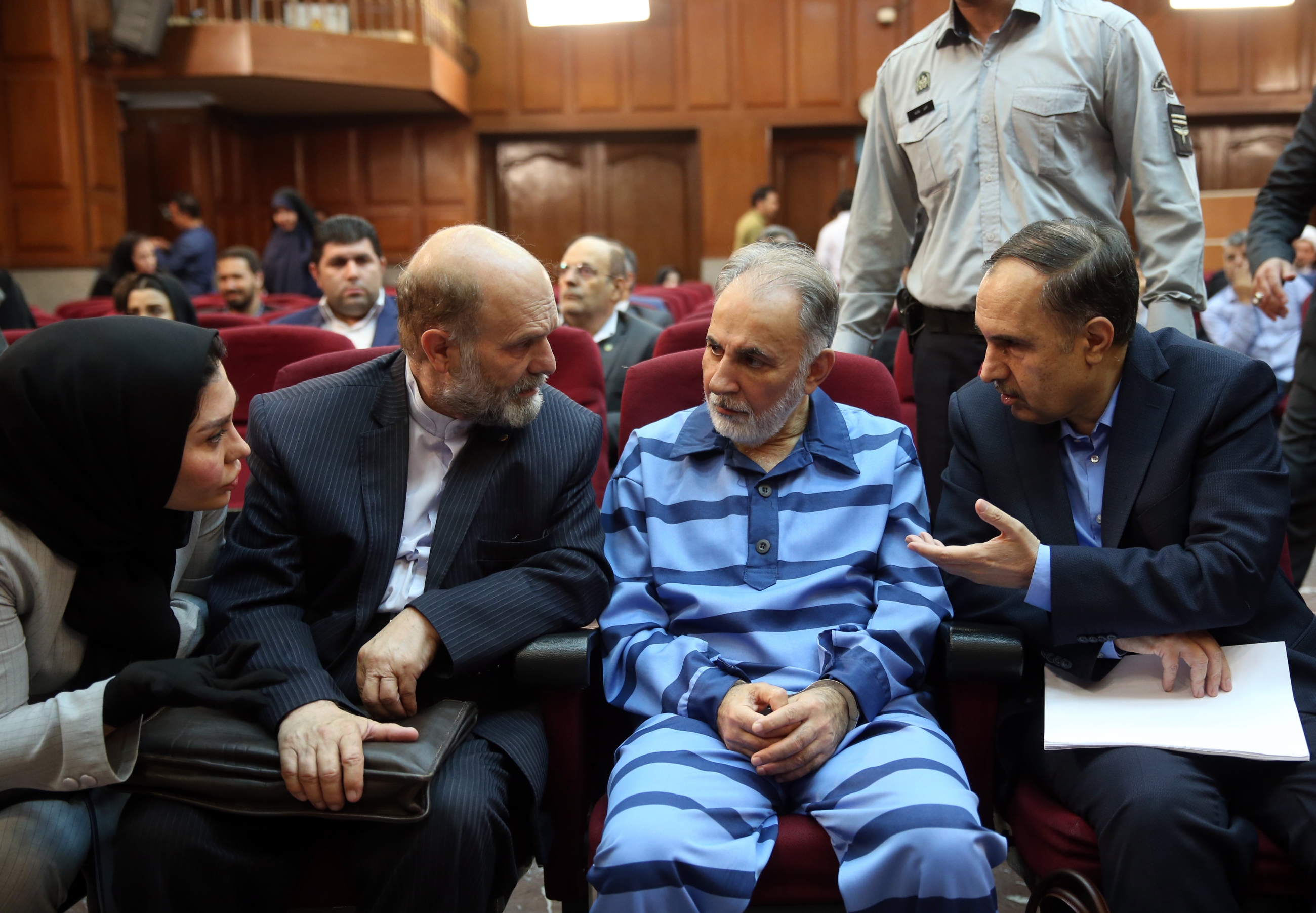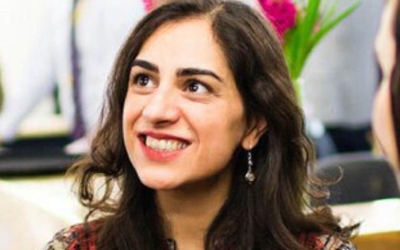Tehran mayor who killed wife free on bail after being spared execution

A former mayor of Tehran who was initially sentenced to death for murdering his wife has been released on bail, two weeks after the victim's family granted him a reprieve from execution.
Mohammad Ali Najafi was sentenced to death last month, after being convicted of shooting dead his second wife Mitra Ostad at their home in the Iranian capital on 28 May.
According to Iranian media reports, Ostad's body was found in a bathtub after Najafi turned himself in and confessed live on television to killing her.
Ostad's family had originally appealed for qesas - the Islamic law of retribution - to be applied, which would have seen the death penalty served.
But her family decided to grant him a reprieve on 14 August.
"Najafi, who was in prison for killing his wife, was freed on bail" of $92,400, his lawyer Hamid Reza Gudarzi said, as quoted by state news agency IRNA.
Gudarzi said his client was allowed bail because the qesas sentence had not been applied, and a brother of the victim has said the family did not want "blood money".
"The warrant for temporary detention has been changed to bail and he was freed from prison," the lawyer added, although he still faces trial for premeditated murder that could carry a three-to-ten-year jail term.
The case was covered extensively in the state media where scandals related to politicians rarely appear on television.
A mathematician, professor and veteran politician, Najafi had previously served as President Hassan Rouhani's economic adviser and education minister.
He was elected Tehran's mayor in August 2017, but resigned the following April after facing criticism from conservatives for attending a dance performed by schoolgirls.
Najafi married Ostad without divorcing his first wife, unusual in Iran where polygamy is legal but socially frowned upon.
Local Iranian media reported that the politician told police his wife made “constant threats” to "ruin" his life by exposing his secrets. Najafi also allegedly said his wife was spying on him for the intelligence services.
Some Iranians have condemned the broadcasting of Najafi’s confession, in which he claimed his wife jumped on him as he held a gun only "to scare her," as well as general coverage of the case, arguing that it rationalised misogyny and violence against women.
Iran's conservatives said the case showed the "moral bankruptcy" of reformists, while reformists accused the conservative-dominated state television of bias in its coverage and of highlighting the case for political ends.
Middle East Eye propose une couverture et une analyse indépendantes et incomparables du Moyen-Orient, de l’Afrique du Nord et d’autres régions du monde. Pour en savoir plus sur la reprise de ce contenu et les frais qui s’appliquent, veuillez remplir ce formulaire [en anglais]. Pour en savoir plus sur MEE, cliquez ici [en anglais].





